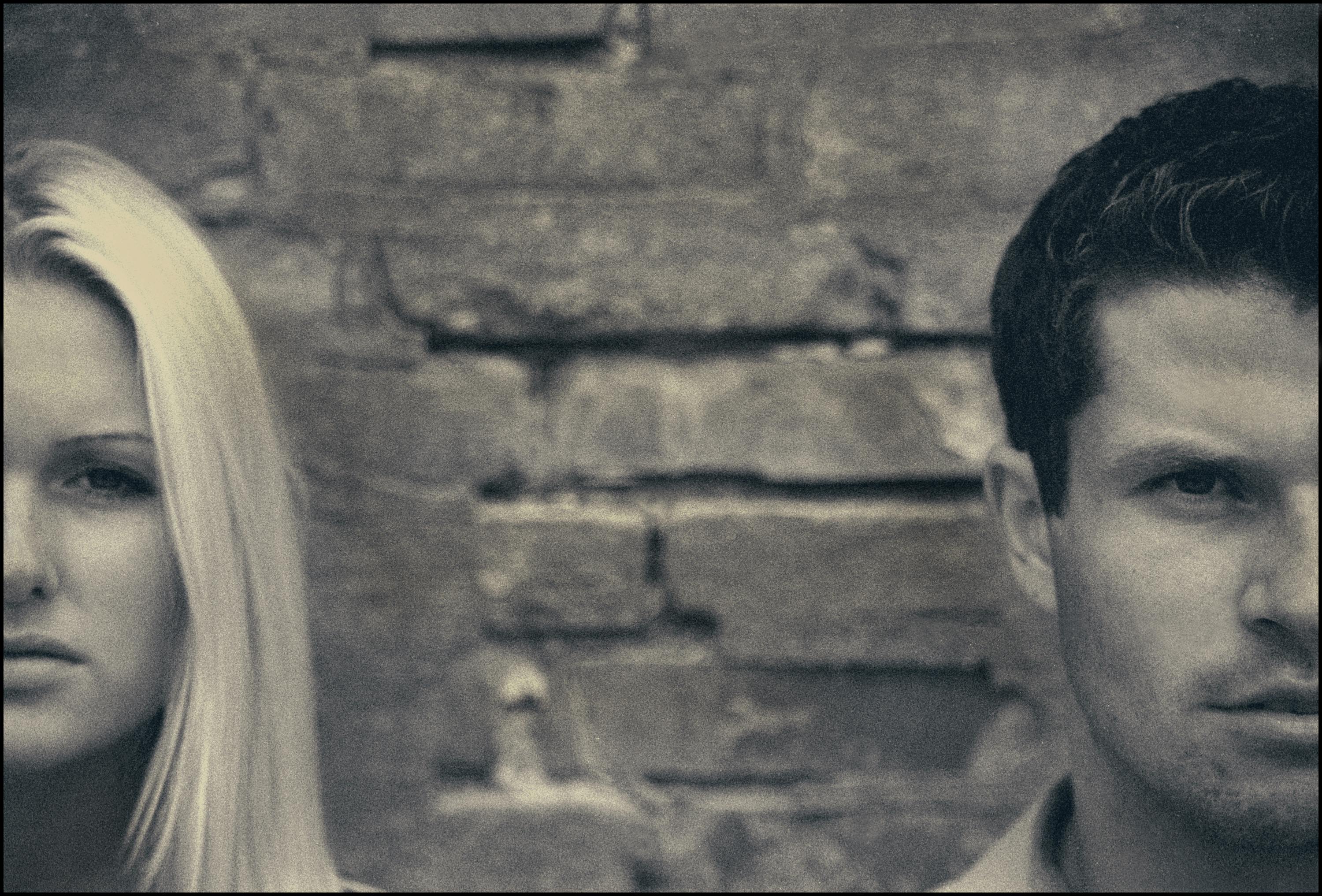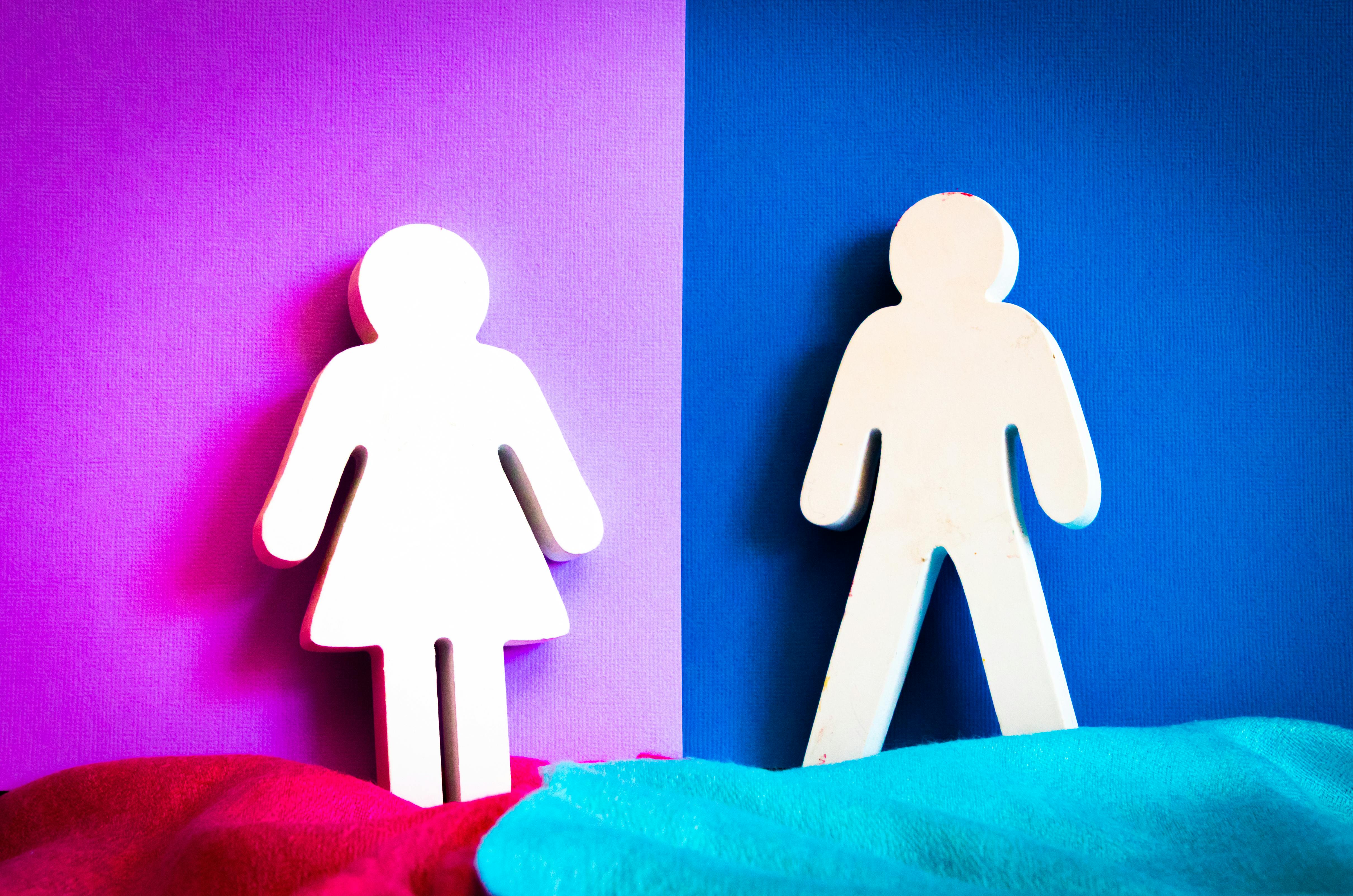The understanding of gender roles has seen a profound transformation over time. Historically, society imposed distinct roles on individuals based on their gender, creating a clear divide between male and female responsibilities.

These roles dictated not only personal behavior and career choices but also social interactions. However, with societal progress, these roles began to shift, especially during the late 19th and 20th centuries, influenced by industrialization and the rise of feminist movements.
The early 20th century was a turning point, as women fought for suffrage, securing the right to vote and entering the public arena. This movement challenged the notion that women’s roles were confined to the domestic sphere, laying the foundation for broader gender equality. Economic changes, such as the need for dual-income households during and after World War II, further altered perceptions of gender roles, contributing to the emergence of dual-income families.

The Origins of Traditional Gender Roles
To understand the roots of gender roles, one must look back to ancient civilizations where roles were shaped by biological differences and survival needs. In early societies, men were typically hunters and protectors, while women were responsible for gathering and nurturing the family.
These divisions, justified by physical capabilities, gradually solidified into cultural norms as societies evolved. The Industrial Revolution further entrenched these roles, with men working in factories and women confined to household duties.

Women were largely excluded from education, reinforcing their relegation to the domestic sphere. It wasn’t until the late 19th and early 20th centuries that these rigid roles began to be questioned and re-examined.
World Wars as Catalysts for Change
The impact of World War I and World War II on gender roles was significant. With millions of men serving in the military, women stepped into roles traditionally occupied by men, taking on jobs in factories, offices, and farms.
This shift challenged existing gender norms, demonstrating women’s capabilities across various sectors and paving the way for a new understanding of women’s work. Although post-war society often pushed women back into domestic roles, the change in perception had already taken root.
Women’s contributions during the wars led to increased societal acceptance of their participation in the workforce. Organizations such as the Women’s Army Corps and female labor unions played a crucial role in advancing women’s rights and reshaping public perceptions of gender capabilities.
Feminism and the Reformation of Gender Roles
The feminist movements of the 1960s and 1970s marked a significant turning point in the evolution of gender roles. The second wave of feminism sought to address not only legal inequalities but also societal norms related to gender. Activists emphasized the importance of women’s rights to education, employment, and bodily autonomy, gradually changing public perceptions. This period also highlighted the idea that gender roles are socially constructed, sparking a new awareness of the limitations these roles impose on both women and men. The discussions on gender during this time led to significant changes in labor laws, reproductive rights, and the dynamics of personal relationships. Women increasingly entered professional fields previously dominated by men, leading to important developments in politics, technology, and other industries. Feminist theory’s rise prompted a re-evaluation of masculinity and its societal implications, furthering the conversation on gender and power.
Contemporary Gender Roles
Today, gender roles are continuously evolving, reflecting changing societal attitudes. The concept of gender has become more fluid, moving beyond binary definitions. Many individuals now identify as non-binary, genderqueer, or transgender, complicating the traditional perspectives on gender. This shift has sparked vital conversations about inclusivity, representation, and the impact of cultural norms on personal identity. Social media has provided a platform for marginalized voices, fostering discussions that were once confined to academic circles. Movements like #MeToo and LGBTQ+ rights activism have significantly influenced public understanding and acceptance of diverse gender identities. The ongoing evolution of gender roles calls for continuous dialogue and education, emphasizing the need to embrace a spectrum of identities.
Challenges and Opportunities in Gender Equality
Despite significant advancements, challenges to gender equality persist. Wage gaps remain across various industries, and women still face systemic barriers to leadership positions. Meanwhile, societal expectations often limit men’s emotional expression and involvement in caregiving roles. These issues underscore the need to redefine not just gender roles but also the societal perceptions that support them. Achieving gender equality requires a collective effort from individuals, organizations, and governments to foster an inclusive environment. Educational institutions can play a key role by introducing discussions on gender roles early in the curriculum. By promoting equity and inclusivity, future generations will be better equipped to challenge outdated norms and create a more inclusive social landscape that honors all gender identities. An intersectional approach is crucial, as race, class, sexuality, and other factors significantly influence experiences and access to opportunities.
The journey to understanding gender roles highlights the resilience of societal structures and the ongoing need for advocacy. As gender norms continue to evolve, it is essential to recognize the forces that shape perceptions and behaviors across cultures. The path forward involves collaboration, education, and mutual understanding, ensuring that everyone has the freedom to express their identity without the constraints of traditional roles. The evolution of gender roles is not only a matter of personal liberation but also crucial for the health, harmony, and progress of society as a whole.




